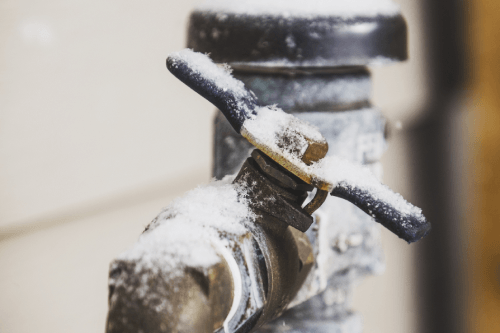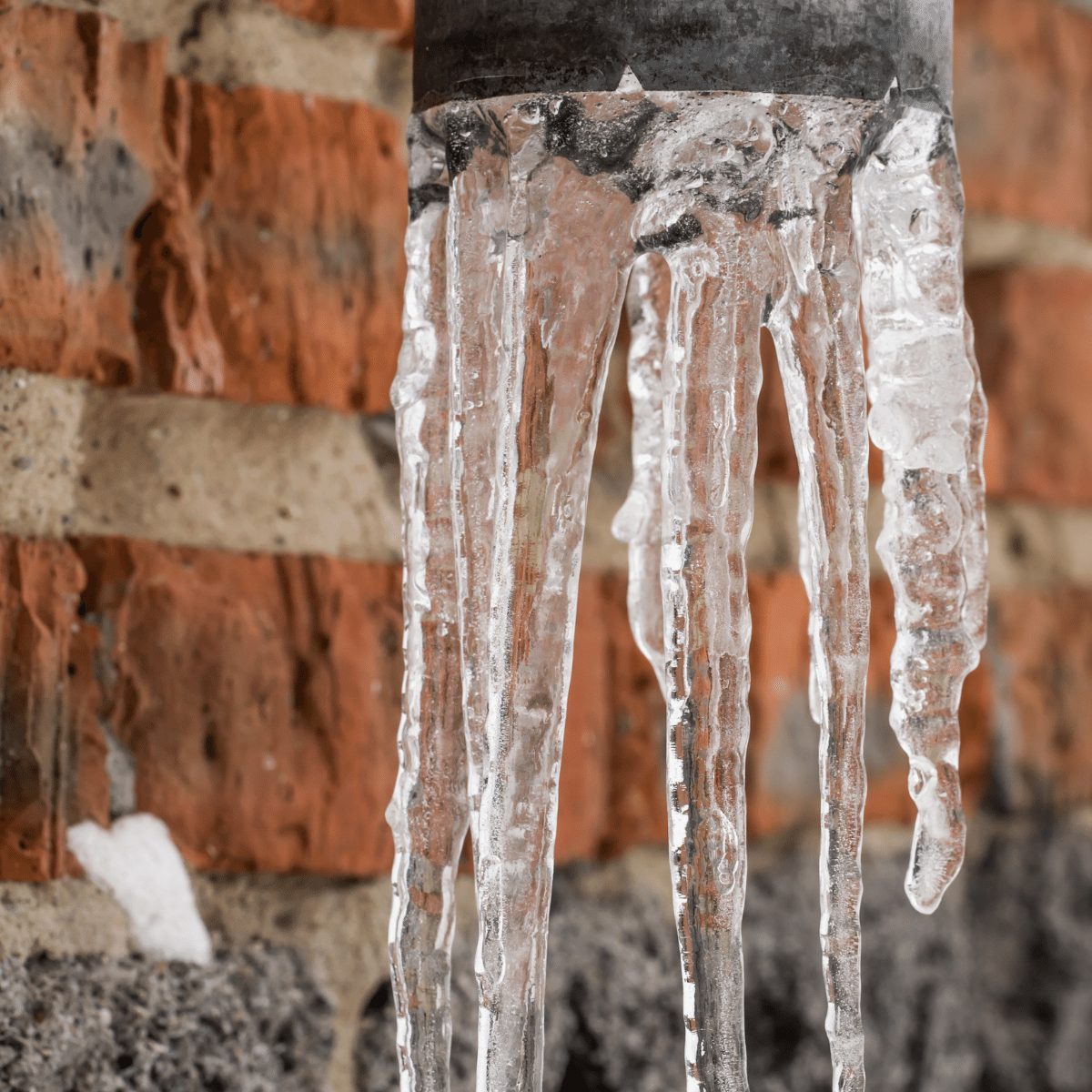Essential Tips to Prevent Frozen Plumbing in Cold Weather: Expert Insights
Essential Tips to Prevent Frozen Plumbing in Cold Weather: Expert Insights
Blog Article
Presented here below you can locate some good help and advice on the subject of How to Prevent Your Pipes From Freezing.

Cold weather can ruin your plumbing, particularly by freezing pipelines. Here's just how to avoid it from happening and what to do if it does.
Intro
As temperatures drop, the danger of icy pipes rises, potentially causing costly repair work and water damage. Comprehending exactly how to avoid icy pipelines is critical for home owners in cool climates.
Avoidance Tips
Insulating susceptible pipes
Cover pipelines in insulation sleeves or make use of heat tape to shield them from freezing temperature levels. Concentrate on pipelines in unheated or external areas of the home.
Heating methods
Maintain indoor spaces properly heated, particularly locations with plumbing. Open up cabinet doors to enable cozy air to distribute around pipes under sinks.
How to recognize frozen pipes
Look for decreased water flow from faucets, unusual smells or sounds from pipes, and noticeable frost on subjected pipelines.
Long-Term Solutions
Structural adjustments
Think about rerouting pipelines far from outside wall surfaces or unheated locations. Add added insulation to attics, cellars, and crawl spaces.
Upgrading insulation
Buy top notch insulation for pipelines, attics, and walls. Proper insulation helps preserve constant temperature levels and reduces the danger of frozen pipelines.
Safeguarding Outdoor Plumbing
Garden pipes and outside taps
Separate and drain yard tubes before wintertime. Set up frost-proof spigots or cover outside taps with shielded caps.
Comprehending Frozen Pipes
What creates pipelines to freeze?
Pipelines freeze when exposed to temperature levels listed below 32 ° F (0 ° C) for expanded durations. As water inside the pipelines freezes, it increases, putting pressure on the pipe wall surfaces and possibly triggering them to burst.
Dangers and problems
Icy pipes can bring about water system interruptions, property damages, and costly repairs. Ruptured pipelines can flood homes and cause considerable structural damage.
Indications of Frozen Pipes
Determining icy pipes early can prevent them from rupturing.
What to Do If Your Pipes Freeze
Immediate actions to take
If you think frozen pipelines, maintain taps available to relieve stress as the ice melts. Make use of a hairdryer or towels taken in hot water to thaw pipelines gradually.
Verdict
Avoiding frozen pipes requires aggressive measures and quick feedbacks. By understanding the causes, signs, and safety nets, house owners can secure their pipes during cold weather.
Helpful Tips to Prevent Frozen Pipes this Winter
UNDERSTANDING THE BASICS: WHY PIPES FREEZE AND WHY IT’S A PROBLEM
Water freezing inside pipes is common during the winter months, but understanding why pipes freeze, and the potential problems it can cause is crucial in preventing such incidents. This section will delve into the basics of why pipes freeze and the associated problems that may arise.
THE SCIENCE BEHIND FROZEN PIPES
When water reaches freezing temperatures, it undergoes a physical transformation and solidifies into ice. This expansion of water as it freezes is the primary reason pipes can burst. As the water inside the pipe freezes, it expands, creating immense pressure on the walls. If the pressure becomes too great, the pipe can crack or rupture, leading to leaks and water damage.
FACTORS THAT CONTRIBUTE TO PIPE FREEZING
Low Temperatures: Extremely cold weather, especially below freezing, increases the risk of pipes freezing. Uninsulated or Poorly Insulated Pipes: Pipes located in unheated areas, such as basements, crawl spaces, or attics, are more prone to freezing. Insufficient insulation or lack of insulation altogether exacerbates the problem. Exterior Wall Exposure: Pipes running along exterior walls are susceptible to freezing as they encounter colder temperatures outside. Lack of Heating or Temperature Regulation: Inadequate heating or inconsistent temperature control in your home can contribute to frozen pipes. PROBLEMS CAUSED BY FROZEN PIPES
- Pipe Bursting: As mentioned earlier, the expansion of water as it freezes can cause pipes to burst, resulting in significant water damage.
- Water Damage: When pipes burst, it can lead to flooding and water damage to your property, including walls, ceilings, flooring, and personal belongings.
- Structural Damage: Prolonged exposure to water from burst pipes can compromise the structural integrity of your home, leading to costly repairs.
- Mold and Mildew Growth: Excess moisture from water damage can create a favorable environment for mold and mildew growth, posing health risks to occupants.
- Disrupted Water Supply: Frozen pipes can also result in a complete or partial loss of water supply until the issue is resolved.
WHY CERTAIN PIPES ARE MORE PRONE TO FREEZING
- Location: Pipes located in unheated or poorly insulated areas, such as basements, crawl spaces, attics, or exterior walls, are at higher risk of freezing.
- Exterior Pipes: Outdoor pipes, such as those used for irrigation or exposed plumbing, are particularly vulnerable to freezing as they are directly exposed to the elements.
- Supply Lines: Pipes that carry water from the main water supply into your home, including the main water line, are critical to protect as freezing in these lines can affect your entire plumbing system.
- Underground Pipes: Pipes buried underground, such as those connected to sprinkler systems or outdoor faucets, can be susceptible to freezing if not properly insulated.
https://busybusy.com/blog/helpful-tips-to-prevent-frozen-pipes-this-winter/

We hope you enjoyed our topic on How To Avoid Freezing Pipes. Thank you for finding the time to read our article post. For those who enjoyed reading our blog posting plz consider to share it. I am grateful for your time. Please stop by our blog back soon.
Book Now Report this page